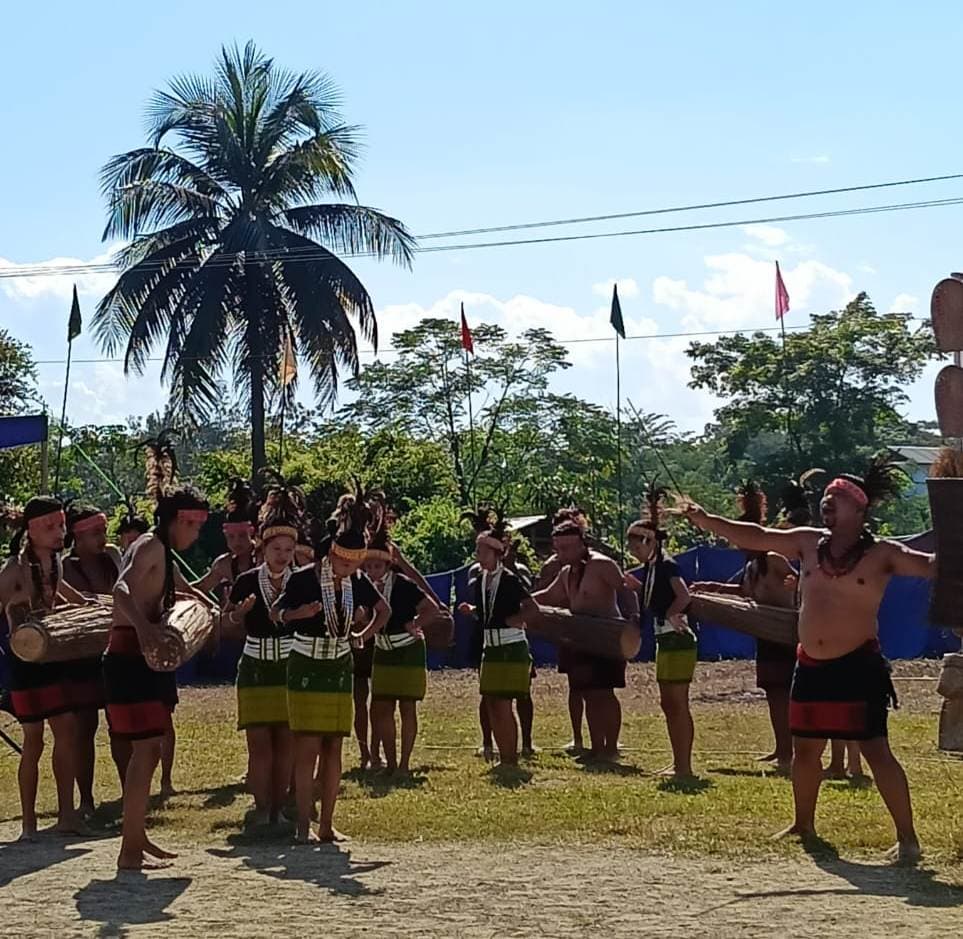DC Dimapur Dr. Tinojongshi Chang says RIIN exercise aims to benefit all, not discriminate against any tribe.
Share

DIMAPUR — Allaying fear against the contentious Register of Indigenous Inhabitants of Nagaland (RIIN), Deputy Commissioner of Dimapur, Dr. Tinojongshi Chang, on Friday said that the exercise is not to discriminate against any tribe but for the betterment of future generations.
According to the DC, the government’s policy on RIIN exercise is to identify actual indigenous people.
Dr. Chang clarified that the RIIN exercise would not be confined only to the four minority communities from Kachari, Kuki, Garo and Karbi, but also be carried out for every citizen of Nagaland.
He added that the government has decided to undertake the exercise beginning with the tribes having lesser population.
Maintaining that there are Nagas in Assam, Arunachal Pradesh, Manipur and Myanmar, he insisted that it is necessary to identify to which state they are indigenous.
Also read: Preparations for ‘77uba’ United Sangtam Students’ Conference in full swing
Citing instances from the past history where the indigenous people have become a minority in their own land, he called upon all tribal leaders to sit together and work out a strategy for the benefit of everyone.
The DC was speaking during the ‘Wangala’ Mini Hornbill Tribal Festival of the Garo community in Eralibill village, organised by the Nagaland Garo Tribal Council (NGTC).
Addressing the festive gathering comprising leaders from the four communities, he urged them to remove the concept of minority indigenous Nagas, saying that everyone belongs to Nagaland.
He pointed out that despite demographic differences, everyone has contributed their best efforts towards building a stronger Nagaland.
He also saluted every leader from different communities for their contributions to make Nagaland a better place.
“We should identify ourselves as Nagas,” Dr. Chang said.
He described Dimapur as a mini Nagaland, where every tribe lives together in unity and peaceful co-existence. Stating that it is a privilege to live in Dimapur, he stated that everyone should strive to make Dimapur a better place.
While reminding them that culture is their identity, which was passed down from the forefathers, the DC called upon the present generation to preserve and promote it by documenting it in writing.
Dr. Chang also appreciated the cultural troupes for showcasing cultural items.
Also speaking on the occasion, the president of the Association of Indigenous Minority Tribes of Nagaland (AIMTN), SK Khemprai, stated that tribal festivals are invariably related to agriculture. He encouraged the youth to not only preserve culture but also promote it by improvising it.
He also informed that tribal festivals have revived after the introduction of Mini Hornbill festivals across Nagaland.
‘Wangala’ is the most significant post-harvest festival of the Garo community. It is a thanksgiving ceremony to ‘Misi Sajlong,’ also known as ‘Pattigipa Ra Rongipa’ (The Great Giver), for the bountiful harvest.
Cultural items were performed by the Chakhesang cultural troupe from Naga United Village, Dhansiri cultural troupe from Golaghat, Mech Kachari cultural troupe and Garo cultural troupe from Dimapur and Wangala dance by Garo cultural troupe from Eralibill village.